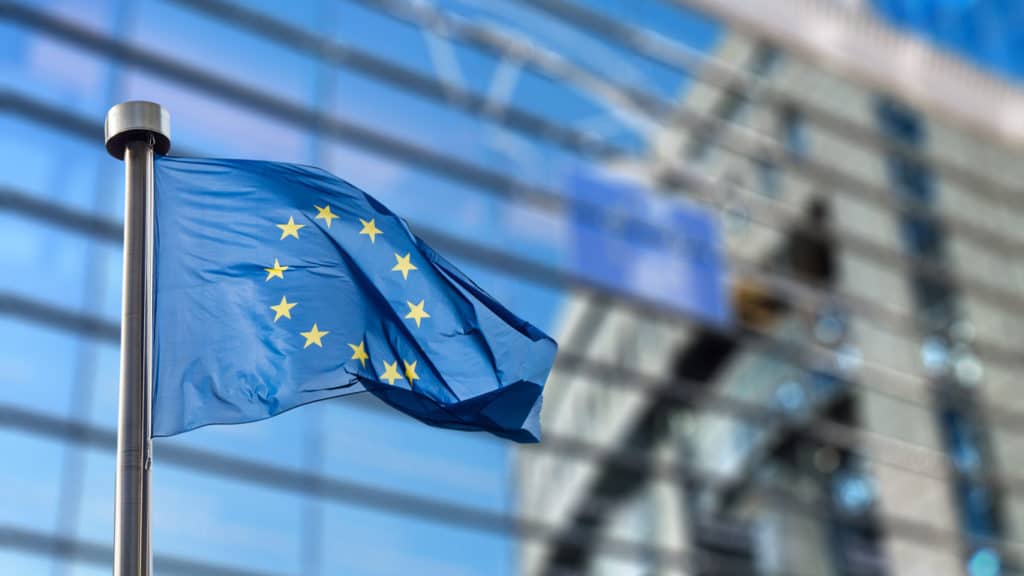Anti-corruption advocates universally praised the passage of new whistleblower protection rules by the European Union in 2019. Publicly, they used words like “victory” and “achievement.” Privately, some called the new rules “a miracle.”
Many experts said the new protections were too good to be true. Two years later, it appears they may be right.
The first sign of trouble is the fact that only 4 of 27 countries met the EU’s deadline to pass a new whistleblower law by last Dec. 17: Denmark, Malta, Portugal and Sweden. Laws since have been passed by Cyprus, Latvia and Lithuania. This leaves 20 countries out of compliance – and corruption witnesses in these countries still without legal protection from retaliation. Most of these countries are far from finalizing their laws, due to a lack of political will, expertise and experience with whistleblower cases. Doubt and fear have stymied the legislative process.
More problematic, none of these seven new laws include any specific mechanisms to protect employees from retaliation, or to compensate them for lost wages and other damages if they are fired or demoted. The laws say nothing about how an employee can apply for and obtain whistleblower status. And the laws provide almost no guidance for courts, which will become the venue for many whistleblower retaliation and unfair dismissal cases.
To find a cautionary tale, would-be whistleblowers need to look no further than Denmark. One would expect corruption witnesses to be treated like royalty in this squeaky clean country, which owns the #1 ranking in Transparency International’s Corruption Perceptions Index. However, because Denmark’s new whistleblower law lacks mechanisms and guidance, the Supreme Court last month ruled against fired municipal employee Bitten Vivi Jensen.
Free to apply their own subjectivity, the Danish judges said the way Jensen reported misconduct was not “necessary.” Not only did Jensen lose her whistleblower retaliation case, the Supreme Court upheld her criminal conviction for releasing confidential information.
A careful read of the seven new laws, as well as eight proposed laws from countries including Germany and The Netherlands, reveals deeper problems that will be very difficult if not impossible to overcome.
Many key provisions in these laws are simply copy-pasted from the EU’s 2019 Directive. This is problematic because the Directive itself does not include any mechanisms for protecting and compensating victimized employees. The Directive only says that countries “shall take the necessary measures to prohibit any form of retaliation.” Because the Directive doesn’t say what these measures should be, no country has yet to include any in its own law.
Rather than using this lack of clarity as an opportunity to tailor their own solutions for the benefit of their citizens, EU countries have avoided the issue altogether. It remains unclear whether these are accidental or intentional oversights. Regardless, the results will be the same: weak or nonexistent protections.
Nothing in the Directive prevents countries from including specific protection measures in their new laws. For more than a year, the National Whistleblower Center and European Center for Whistleblower Rights have been encouraging Parliament members in all 27 countries to do precisely this. The organizations have given officials detailed information on the need to set up a protection and compensation framework to save witnesses in the workplace from career and financial ruin. Thus far, no country has followed this recommendation.
The two groups also have urged countries to establish a specialized public agency with the legal authority to order employers to stop retaliating against employees who report misconduct, and to order victimized employees to be reinstated and compensated. This suggestion also has been ignored.
Taken together, these weak laws and the failure of most countries to meet the EU’s deadline demonstrate a troubling lack of interest in an anti-corruption tool that has been endorsed by every major international organization in the world. It also is a metaphor for the reality of many whistleblowers themselves.
Following the letter and spirit of the EU Directive, these laws are supposed to be the lever that balances the playing field for ordinary citizens who challenge authority by exposing crime and corruption. These new laws are intended to be their partner. If citizens are not given the functional tools to exercise these new rights, the Directive’s goals will not be met. Whistleblowers will be left where they have always been – on their own.
